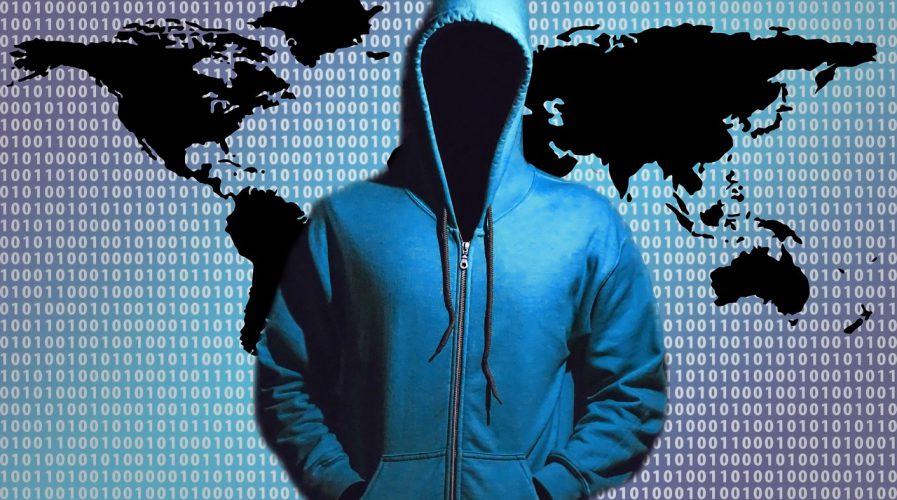
Google is using white hat hackers to find hidden vulnerabilities in its Android operating system. Source: Pixabay
Cybersecurity in Asia: Is the region equipped to deal with cyber attacks?
ALTHOUGH data privacy, cybersecurity standards and protocols are rapidly being deployed across Asia Pacific (APAC), the region remains one of the most vulnerable to cyber security attacks.
A year-long investigation by U.S. security company Mandiant concluded last week that the APAC was 80 percent more likely to be targeted by hackers than other parts of the world.
The report also stated that many Asian organizations are not adequately defended against cyber attacks, with the median time between a breach and its discovery being 520 days. This is three times the global average.
SEE ALSO: Lack of cybersecurity expertise could derail ‘Digital India’ initiative
Two of the latest victims of cyber security hacks in Asia were a bitcoin exchange in Hong Kong called Bitfinex and Bangladesh Bank. They experienced losses estimated at US$60 million and US$81 million respectively.
Singapore, Australia, Japan, New Zealand, and South Korea are the top five countries vulnerable to cyber attacks in APAC, according to a February report by Deloitte. These countries are nine times more vulnerable to cyber attacks relative to their larger Asian counterparts China and India, according to the report.
In the last six years Singapore, Malaysia, the Philippines, South Korea and Taiwan have introduced comprehensive data protection regimes in their respective jurisdictions. Hong Kong has long-standing data protection regimes.
#India saw a nearly 350% surge in #cybercrime cases registered between 2011 and 2014.https://t.co/8z8PnpY9RR
— EconomicTimes (@EconomicTimes) August 26, 2016
China is also overhauling its cyber security standards. The Wall Street Journal recently reported that China for the first time is allowing foreign technology companies to join this effort in order to ease foreign concerns over its policies.
But why is APAC so vulnerable to cyber-attacks?
Grady Summers, the chief technology officer of Mandiant’s parent company, FireEye, told BBC news that a lot of attacks are state-sponsored. There has been a decrease in the number of attacks in the U.S. and western Europe by Chinese hackers because China seemed to be refocusing its efforts to other parts of Asia.
Popular targets include governments, financial institutions, energy, education research, healthcare, aerospace and defense organizations.
Data protection advisory firm TaylorWessing, writing about cyber security in Asia, says this ongoing trend is also due to the increasingly complex IT environment organisations have created for themselves by adopting technologies such as the hybrid cloud, IT outsourcing and the internet of things.
SEE ALSO: Constant vigilance: 5 of the biggest digital security threats to watch out for
“Whilst each of these technologies promise to lower costs and increase collaboration, the downside is that they create a security nightmare for the system administrators behind the scenes,” the company writes on its website.
Although organizations in Asia are waking up to the fact they need to have stringent measures to mitigate against cyber security attacks, perhaps, as the evidence suggests, they are still simply not doing enough to beat the hackers.
READ MORE
- The criticality of endpoint management in cybersecurity and operations
- Ethical AI: The renewed importance of safeguarding data and customer privacy in Generative AI applications
- How Japan balances AI-driven opportunities with cybersecurity needs
- Deploying SASE: Benchmarking your approach
- Insurance everywhere all at once: the digital transformation of the APAC insurance industry
